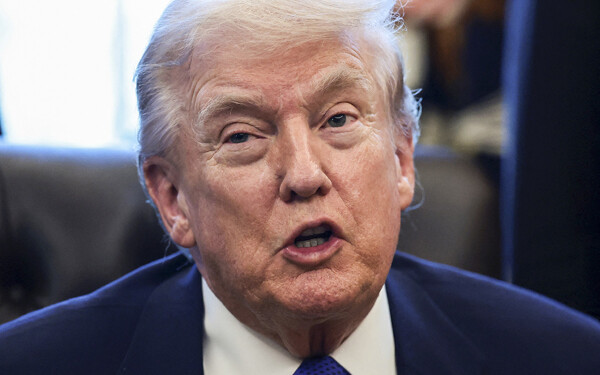
During Trump's presidency, the possible threat posed to the cryptocurrency sector by the rise of enthusiastic industry leaders to power positions in federal agencies can be glimpsed. This could mean the disappearance of regulations that have so far provided some standards and oversight to the sector. The new administration has expressed its intention to dismantle agencies and regulations that protect consumers and maintain trust in businesses and markets.
The SEC issued a rule requiring banks to disclose and back crypto assets held for their clients. However, the industry argued that this limited banks' ability to hold cryptocurrencies and has managed to influence lawmakers to introduce a bill that would repeal this directive. There is fear that taxpayer-funded government bailouts could become the only way to curb the risks and endemic fraud in the cryptocurrency industry.
The increasing integration of cryptocurrencies with the traditional financial system poses the need to avoid a collapse of these speculative digital assets at all costs. Despite protests and regulations that have dissuaded banks from getting too involved in cryptocurrencies, some financial institutions are accepting to work to weaken these protections and get closer to the industry. The entry of retail investors motivated by rising prices could further increase pressure on the regulation and oversight of cryptocurrencies.
Over the years, there has been a resurgence in attention towards cryptocurrencies, with executives and strategists working quietly in the background. Significant political and influence movements have been made to favor the cryptocurrency industry, including significant spending on candidate funding and public relations campaigns. Despite existing regulations and attempts at consumer protection, the crypto industry continues to face significant challenges regarding fraud and financial stability.
It is evident that the political and regulatory landscape surrounding cryptocurrencies is in constant evolution, with various actors influencing decisions and regulations that may impact the future of this sector.














